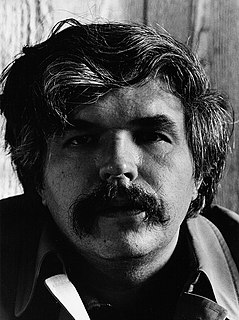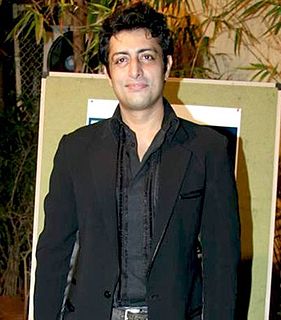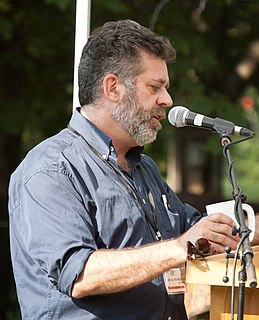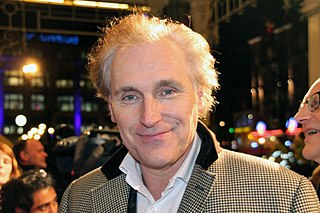A Quote by Laura Schlessinger
People from the most horrendous of childhoods can have good lives, but it comes down to a very seemingly simple word. 'Choice.'
Related Quotes
One thing that I notice that is changing, you don't see kids on Sunday. Most of them are home. The kids are having much more virtual childhoods instead of childhoods. They don't play ball or hang out with the wrong people or get in fistfights, all the things that once made childhood. I don't know how it's going to turn out.
Everything comes down to this: the reason for every word I have written and every word I will write. I am recounting my life for you so that you may know this secret without the pain of discovering it: We are unhappy because we think that love is something we require from someone else. Our salvation depends on a simple gesture that is nonetheless the most difficult act we can perform: We must give away the thing we most long for. Not to receive but to give.






































